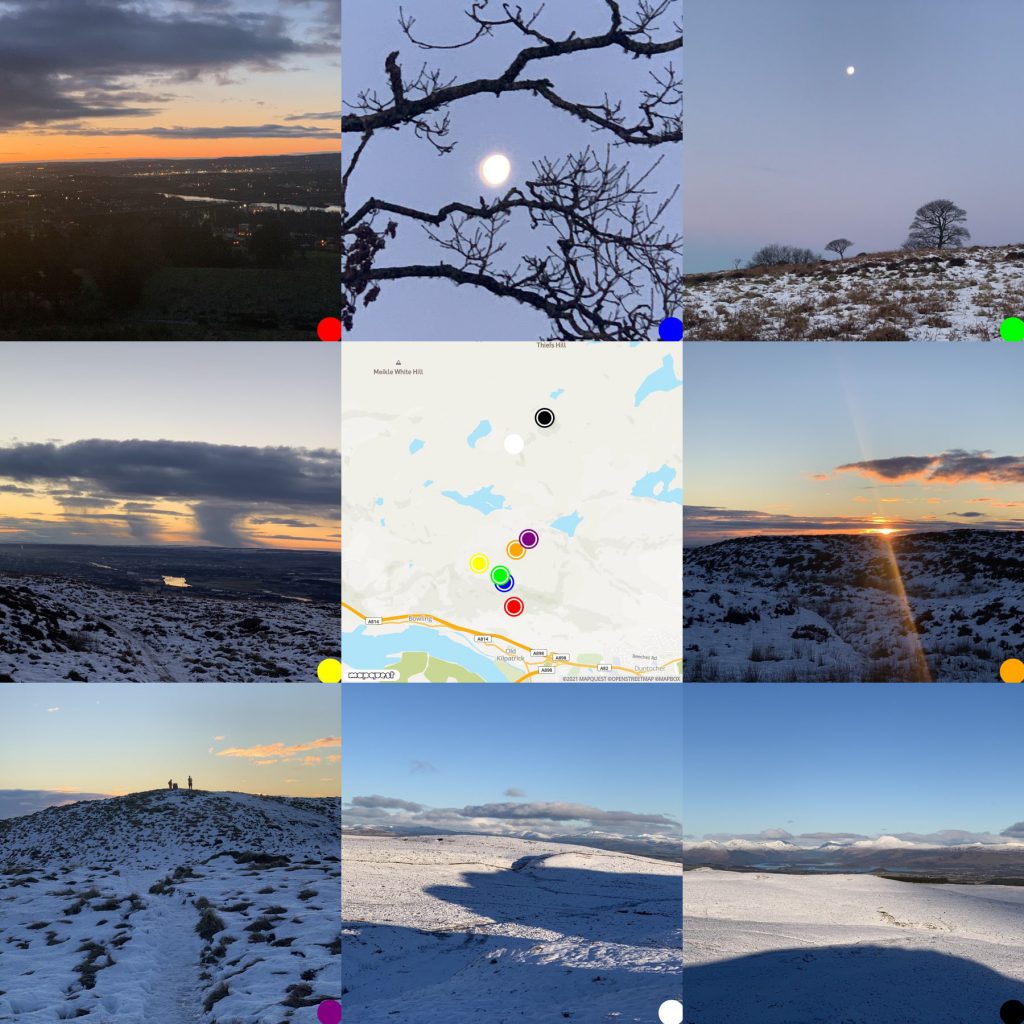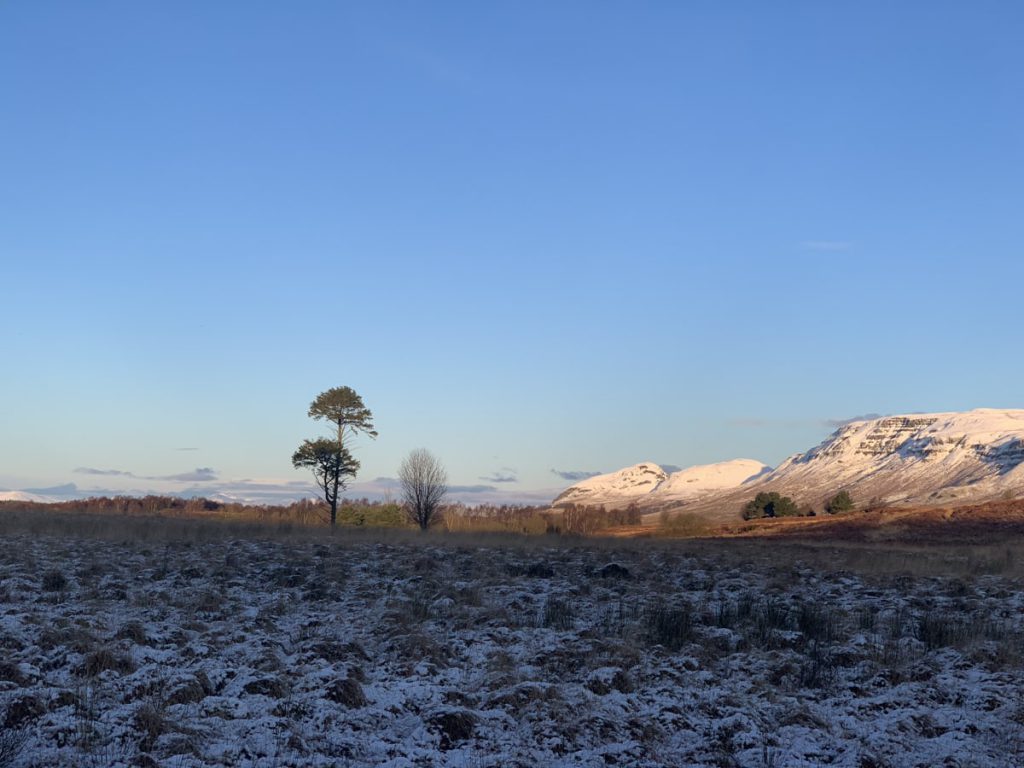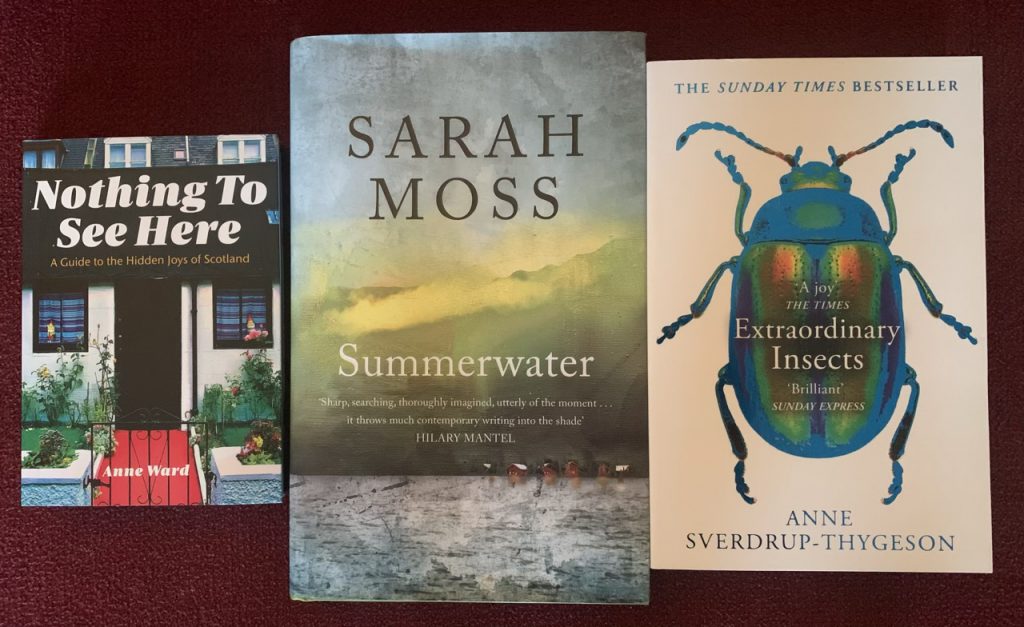Hi Aaron,
I do not think you need to worry about imposter syndrome. I went along to OER 16 where I was allowed to do some podcasting I was made very welcome. The whole conference was really exciting. Although the majority of folk there were in higher ed I didn’t feel uncomfortable being a primary teacher. A repeated thread was that open meant many different things can could be taken many different ways. I think presenting about your blog and how it work for you would make a great session. I certainly have alway thought of it as an essential open educational resource.








 Rosy Marbled Dawn
Rosy Marbled Dawn